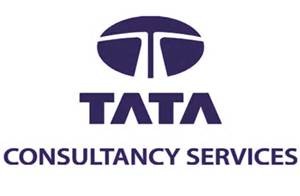 1. What is your strongest programming language (Java, ASP, C, C++, VB, HTML, C#, etc.)?
1. What is your strongest programming language (Java, ASP, C, C++, VB, HTML, C#, etc.)?
Point to remember: Before interview You should decide your Favorite programming language and be prepared based on that question.
2.Differences between C and Java?
1.JAVA is Object-Oriented while C is procedural.
2.Java is an Interpreted language while C is a compiled language.
3.C is a low-level language while JAVA is a high-level language.
4.C uses the top-down approach while JAVA uses the bottom-up approach.
5.Pointer go backstage in JAVA while C requires explicit handling of pointers.
6.The Behind-the-scenes Memory Management with JAVA & The User-Based Memory Management in C.
7.JAVA supports Method Overloading while C does not support overloading at all.
8.Unlike C, JAVA does not support Preprocessors, & does not really them.
9.The standard Input & Output Functions–C uses the printf & scanf functions as its standard input & output while JAVA uses the System.out.print & System.in.read functions.
10.Exception Handling in JAVA And the errors & crashes in C.
3.In header files whether functions are declared or defined?
Functions are declared within header file. That is function prototypes exist in a header file,not function bodies. They are defined in library (lib).
4.What are the different storage classes in C ?
There are four types of storage classes in C. They are extern, register, auto and static
5.What does static variable mean?
Static is an access qualifier. If a variable is declared as static inside a function, the scope is limited to the function,but it will exists for the life time of the program. Values will be persisted between successive
calls to a function
6.How do you print an address ?
Use %p in printf to print the address.
7.What are macros? what are its advantages and disadvantages?
Macros are processor directive which will be replaced at compile time.
The disadvantage with macros is that they just replace the code they are not function calls. similarly the advantage is they can reduce time for replacing the same values.
8.Difference between pass by reference and pass by value?
Pass by value just passes the value from caller to calling function so the called function cannot modify the values in caller function. But Pass by reference will pass the address to the caller function instead of value if called function requires to modify any value it can directly modify.
9.What is an object?
Object is a software bundle of variables and related methods. Objects have state and behavior
10.What is a class?
Class is a user-defined data type in C++. It can be created to solve a particular kind of problem. After creation the user need not know the specifics of the working of a class.